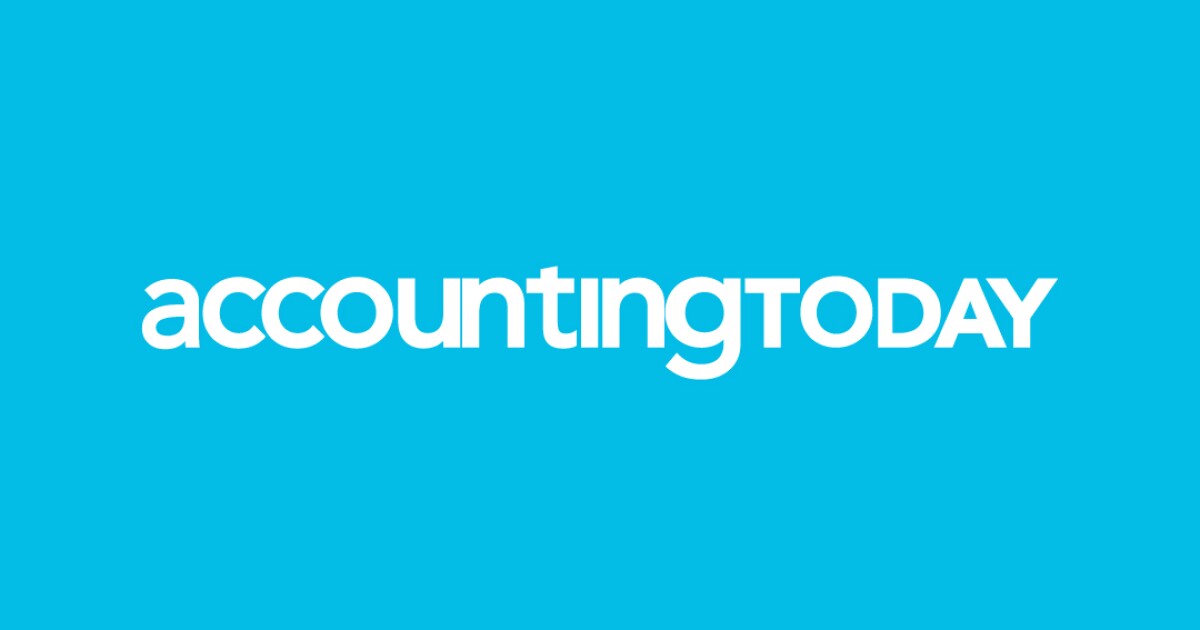The Great Resignation, COVID-19 pandemic and economic uncertainty are transforming the marketplace and forcing companies to continue to adapt. Among these changes is the shifting relationship between employers and employees, who are now expecting much more when it comes to flexibility, career pathing, total rewards, and corporate culture. Adding to the complexity is the disproportionate impact of the pandemic on employees from underrepresented groups.
CEOs continue to point to the employee value proposition as the top operational priority to achieve growth objectives, but how can leaders build momentum for change that delivers value to all employees? The answer lies in diversity, equity and inclusion initiatives that are broader, bolder and tailored to the needs of today’s professionals.
- Rethink the equation by putting mindset first.
In an increasingly competitive environment, the business world relies on intellectual capital — which hinges on the diversity of people at all levels, and of all backgrounds and perspectives — to make organizations stronger and to provide better insights. Companies must develop a culture that encourages curiosity through open dialogue, compassionate candor and an acknowledgment of areas to improve. Additionally, setting an expectation that every person in the company is responsible for carrying this work forward enables change that permeates all levels of a corporation.
A commitment to helping people develop this mindset and see the value of these new skills can accelerate progress on DEI. DEI and organizational growth are intertwined, and businesses cannot reach their full potential until their people do.
- Unlock the power of people and help them grow.
Aspirational hiring goals may help people get opportunities in the short term, but what about the long term? Building diverse pipelines of talent is a value chain, and getting opportunities is just the beginning. To grow and thrive, people must also have the resources and support they need to succeed and lead. Career development and advancement initiatives and interventions for historically marginalized groups must provide the necessary experiences, through outreach and sponsorship opportunities, to help participants move forward in their careers.
Additionally, mentorship and representation at the leadership level can open doors and give people the courage to walk through them with confidence. These big and small growth opportunities drive impact from the ground up and enable long-term change. To unlock the full potential of their people, companies must support diversity initiatives at every stage of their professional journey.
- Prioritize people and culture
Even though many leaders would love to see a day when DEI is so ingrained that it is just a part of what corporations do and who they are, confronting inequity is ongoing work. The important journey toward a more diverse, equitable and inclusive workplace has just begun. The business world may be doing more today than it did yesterday, but that doesn’t mean it is enough.
It is important that companies build infrastructure that is grounded in the diversity of people and their unique experiences in the hybrid future. Reimagining ways of working while incorporating DEI into a future of work strategy gives organizations that get it right a competitive edge and fosters a more engaged and inclusive workforce. Tomorrow, the challenges will be different, but people will remain. Sustaining progress on this journey requires an active and consistent commitment to people and culture.
There is a clear and critical value exchange between employees and their organizations, since each has a stake in the other’s success. Just as employees have adapted to help businesses meet the challenges of the past few years, so must employers work to evolve their approach — with DEI at the center — to support the growth, development and well-being of their people.


